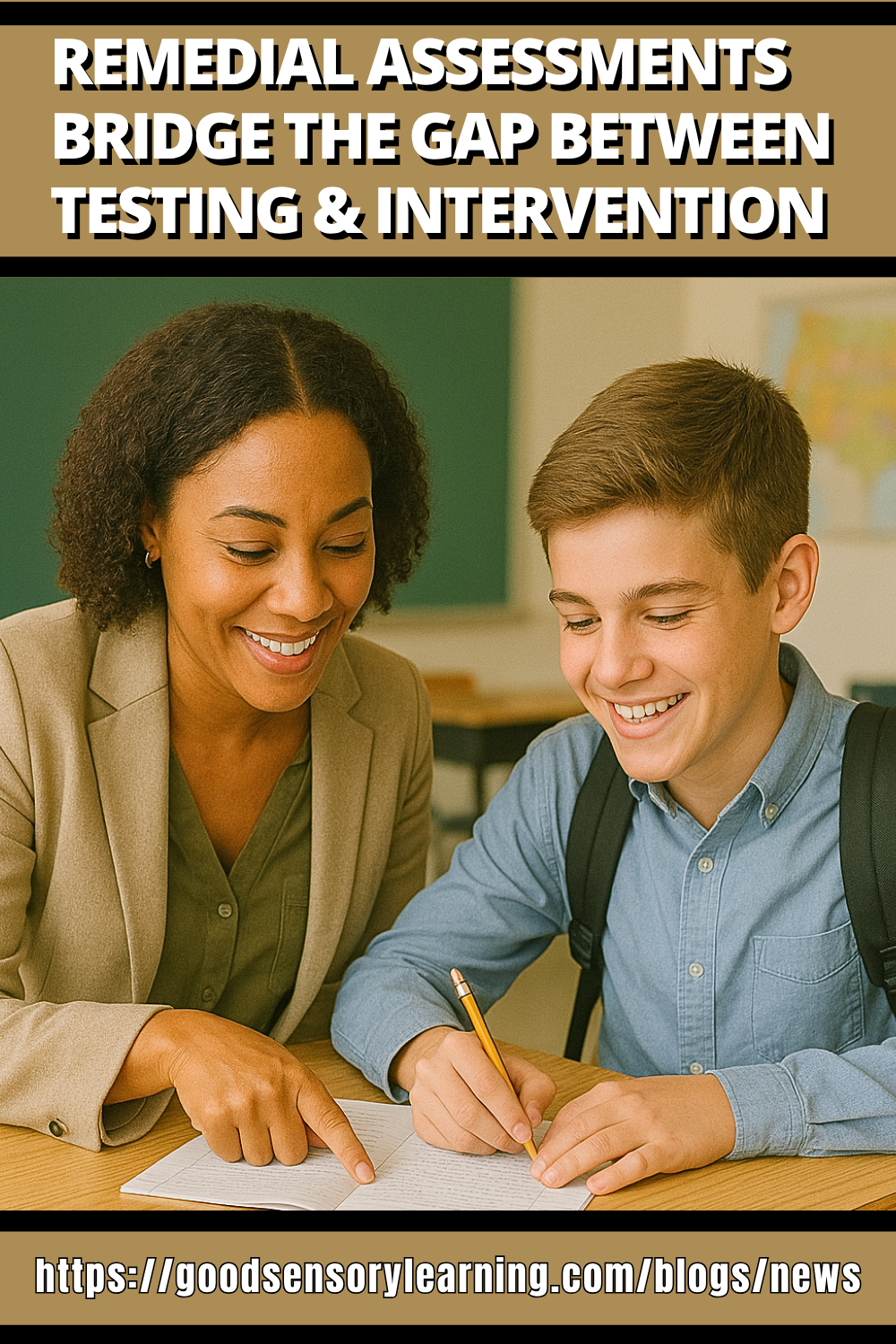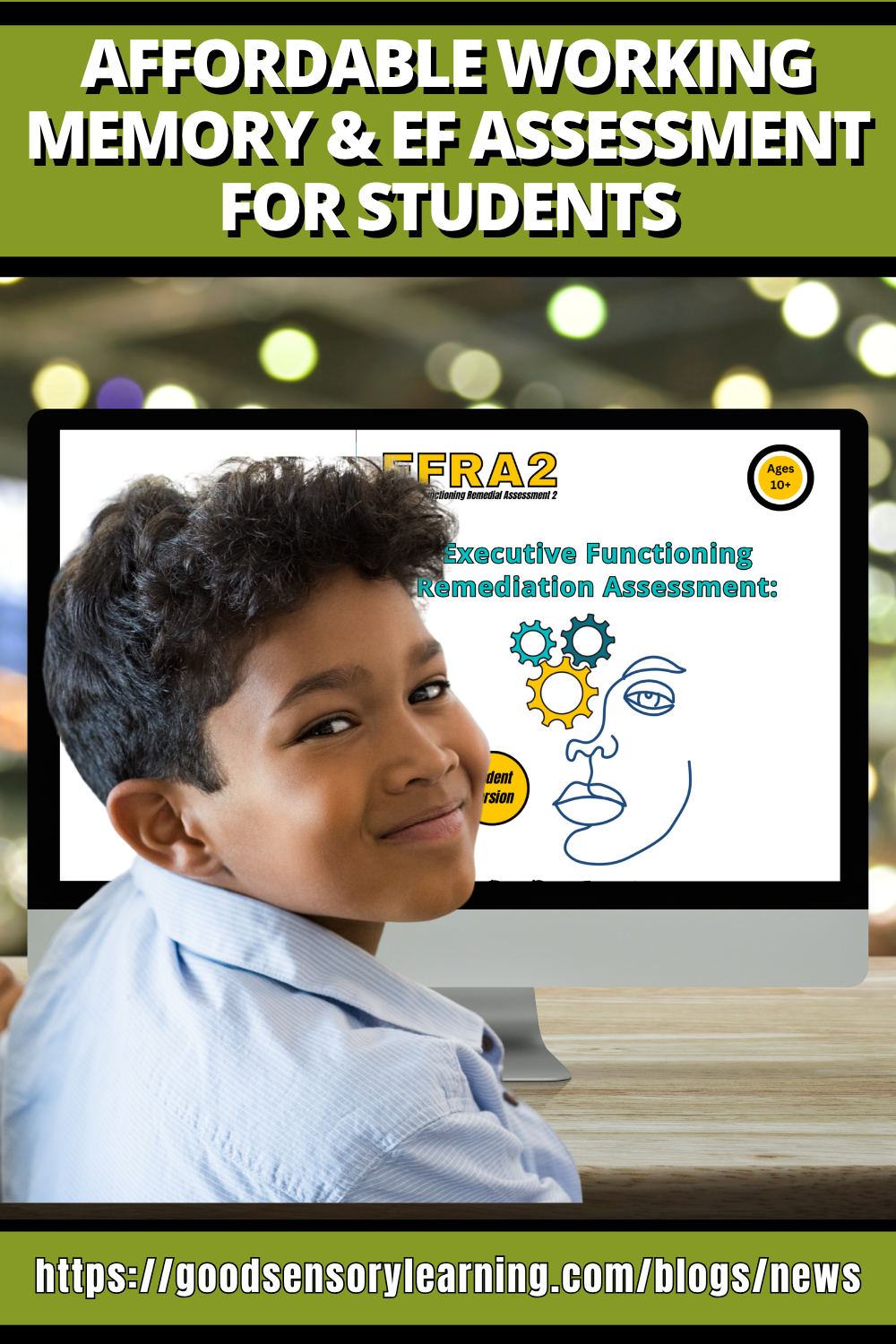Help for Struggling Readers: Make Learning Fun and Memorable
Many students struggle with the underlying cognitive skills that make reading both enjoyable and efficient. When areas such as visualization, tracking, visual and auditory processing, or memory are weak, reading can quickly shift from an adventure into a frustrating and exhausting task. Over time, these challenges can lead to negative associations with books—causing children to avoid reading altogether.

Just as we wouldn’t build a skyscraper on a shaky foundation, we shouldn’t expect strong reading comprehension to develop without first strengthening the cognitive pillars that support it. Fortunately, these foundational skills can be developed through multisensory, game-like activities that engage the mind while keeping the experience lighthearted and fun.
🌟 Explore all my reading resources here: https://goodsensorylearning.com/collections/learn-to-read
Many of these skills can be developed through game-like activities that kids enjoy.
Fun and Simple Ways to Boost Your Child’s Reading Foundation
1. Bring Stories to Life with Visualization
When reading together, invite your child to imagine what the characters, settings, and actions might look like. Take turns sharing your mental images, or even draw them out! This builds visualization skills and helps reading feel more like stepping into a movie of the mind.
2. Strengthen Tracking with a Word Hunt
Open a newspaper, magazine, or printed page and challenge your child to find a specific word—such as the—throughout the text. Encourage them to move their eyes from left to right while using a finger, a narrow strip of paper, or a colorful highlighter to keep their place. This helps develop smooth tracking and visual attention.
3. Play Memory and Pattern Games
Games are a wonderful way to build working memory and sequencing skills. Try classics like Memory (matching cards) or digital options like Simon, which strengthen both visual and auditory memory. Many of these games are free and can be played in just a few minutes a day.
By making these practices part of your daily routine, you’re not only improving reading ability—you’re also building confidence, focus, and cognitive flexibility. Over time, your child will begin to approach reading with curiosity and joy, instead of frustration or fatigue.
💡 Want more multisensory strategies?
Visit Good Sensory Learning to discover engaging tools and activities designed to make learning playful and empowering.
Cheers, Erica
Dr. Erica Warren is the author, illustrator, and publisher of multisensory educational materials at Good Sensory Learning. She is also the director of Learning to Learn and Learning Specialist Courses.
- Blog: https://goodsensorylearning.com/blogs/news
- YouTube Channel: https://www.youtube.com/user/warrenerica1
- Executive Function Podcast: https://goodsensorylearning.com/pages/the-personal-brain-trainer-podcast-with-dr-erica-warren
- Store: http://www.Goodsensorylearning.com/
- Courses: http://www.learningspecialistcourses.com/
- Newsletter Sign-up: https://good-sensory-learning.kit.com/drericawarren




Leave a comment
This site is protected by hCaptcha and the hCaptcha Privacy Policy and Terms of Service apply.